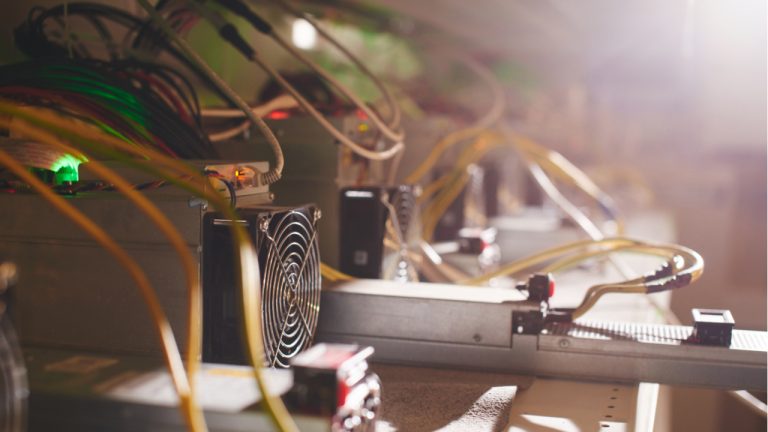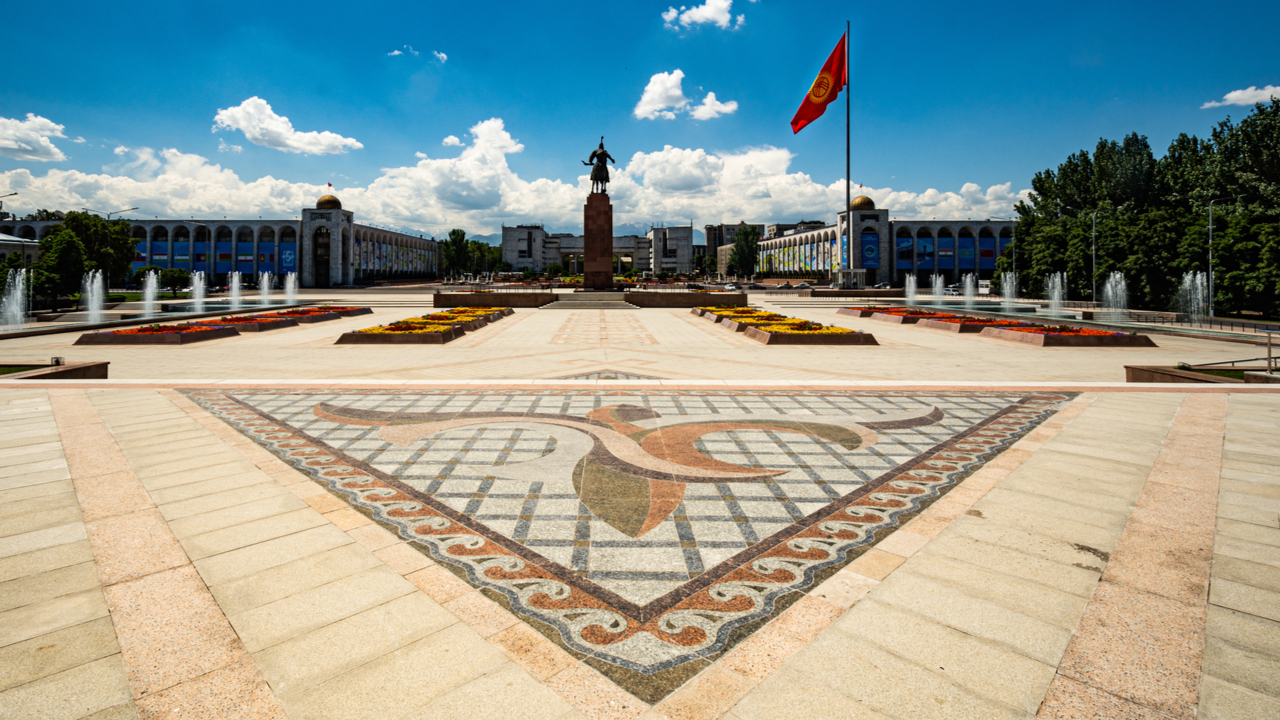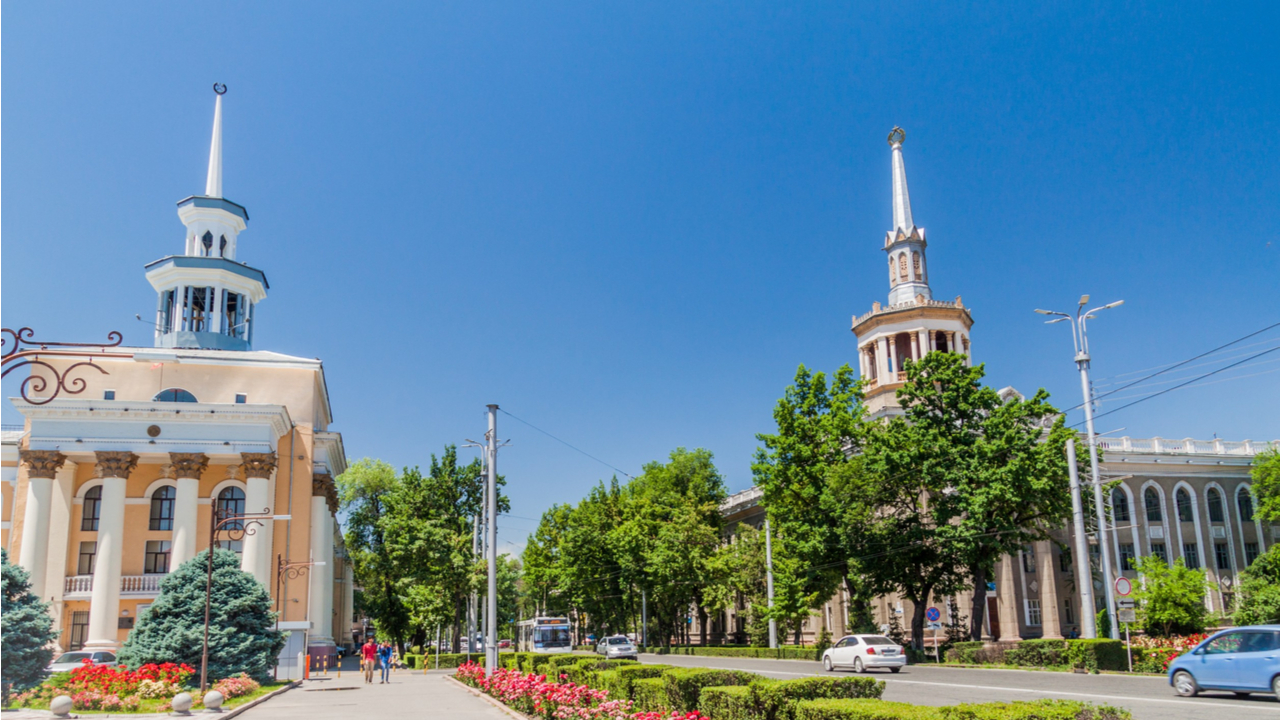
Law enforcement authorities in Kyrgyzstan have confiscated thousands of crypto mining machines as part of a new offensive against illegal cryptocurrency mining in the country. Investigators have also identified industrial enterprises that have been supplying the bitcoin farms with electricity.
Security Service Conducts Operation Against Illegal Mining in Kyrgyzstan
The State Committee for National Security (GKNB), Kyrgyzstan’s organized crime-fighting agency, has recently found and raided a number of facilities mining cryptocurrency outside the law. The special operation has been conducted in the capital Bishkek and Chuy Oblast, the country’s northernmost region.
During the offensive against illegal mining activities, law enforcement agents have seized around 2,000 cryptocurrency mining units, GKNB announced, quoted by Sputnik Kyrgyzstan. Pretrial proceedings are underway, the agency’s press service added.

The process of cryptocurrency mining inflicts “colossal damage” on the country’s electricity network, the state committee emphasized. GKNB has also uncovered several large industrial enterprises supplying electrical power to illegal crypto farms.
Most of the raided addresses are in the capital city of the Central Asian republic, Bishkek. Some of the mining devices have been seized from industrial facilities located in the Bishkek Free Economic Zone. The police are currently working to establish all individuals that have been involved in the corruption scheme.
Government in Bishkek Takes Steps to Regulate Crypto Industry
In August 2020, the Ministry of Economics put forward a bill regulating the taxation of bitcoin mining in Kyrgyzstan. According to the proposal, a 15% tax will be imposed on the cost of the electricity consumed to mint digital coins. The legislation obliges mining companies to apply for a registration which is needed to operate legally in the country.

In January of this year, the National Bank of the Kyrgyz Republic announced it’s preparing two draft laws to regulate local cryptocurrency exchanges. According to the bank, the bills are introducing an array of measures aimed at reducing the risks of money laundering and financing of terrorism. The trading platforms were required to report their activities to the government.
Cryptocurrencies have enjoyed growing popularity in Kyrgyzstan over the past year. Decentralized digital money is viewed as a new investment opportunity and also as an alternative solution for cross-border payments. Last October, the country’s central bank suspended SWIFT transfers and banking activities amid raging anti-government protests.
What are your thoughts on the government’s offensive against crypto mining farms in Kyrgyzstan? Let us know in the comments section below.
from Bitcoin News https://ift.tt/3fsVecp
Comments
Post a Comment